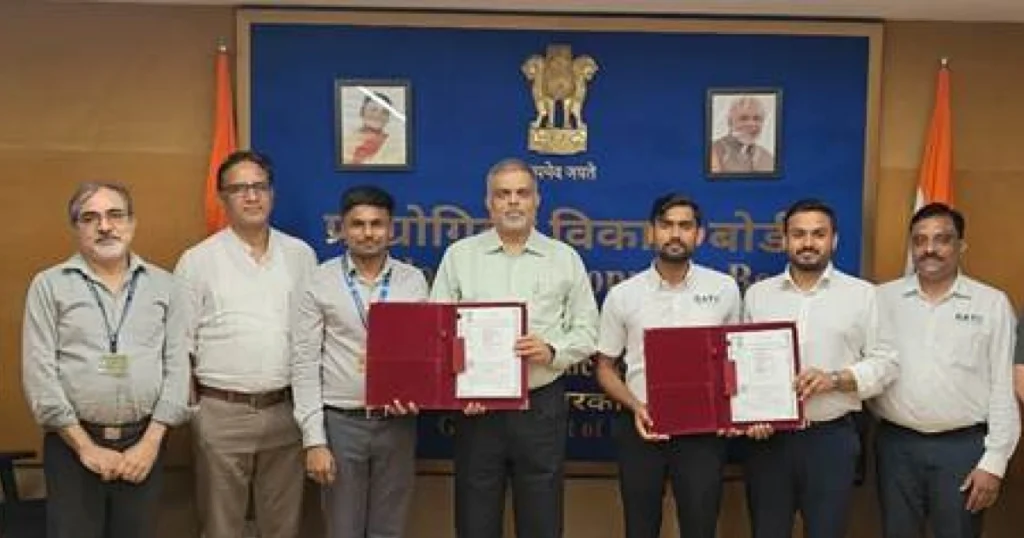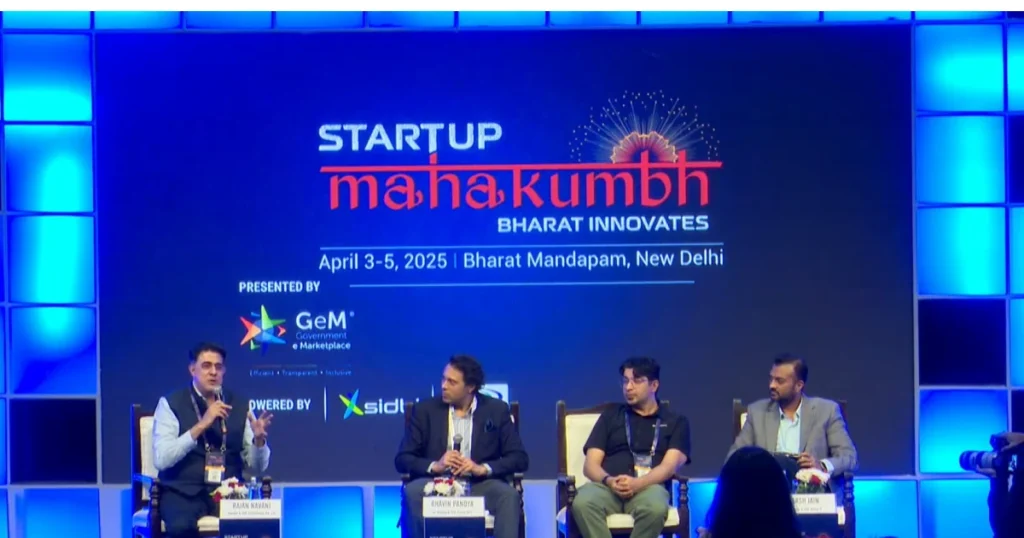Dr. Jitendra Singh, Union Minister for Science & Technology announced a remarkable achievement in India’s technological landscape, revealing the emergence of over 40 quantum technology startups within a span of just 2 years.
Speaking at a review meeting of the Department of Science and Technology in New Delhi, Dr. Singh directed officials to intensify efforts under the National Quantum Mission, emphasizing the pivotal role of quantum technologies in advancing fields such as cryptography, healthcare, and logistics.
Highlighting the role of startups and the private sector in the development of science and technology, the Minister shared the success story of ‘QuNu Labs’, a Bangalore-based startup incubated by IIT Madras which has signed an MoU with the Technology Development Board (TDB) for development of security products based on quantum technologies.
What Is Quantum technology?
Quantum technology refers to the practical application of principles derived from quantum mechanics, a fundamental theory in physics that describes the behavior of matter and energy at very small scales, such as atoms and subatomic particles.
Quantum technology harnesses these principles to develop new devices, systems, and processes that offer capabilities beyond those achievable with classical physics.
Key aspects of quantum technology include:
- Quantum Sensing and Metrology: Devices that utilize quantum properties for ultra-sensitive measurements, such as atomic clocks, quantum magnetometers, and quantum gyroscopes. These can achieve unprecedented levels of precision in measuring time, magnetic fields, and rotation.
- Quantum Communication: Systems that leverage quantum mechanics to ensure secure communication channels, such as quantum key distribution (QKD). QKD uses quantum properties like entanglement to enable the exchange of encryption keys with absolute security guarantees.
- Quantum Computing: Developing computers that use quantum bits (qubits) instead of classical bits. Quantum computers have the potential to solve certain types of problems exponentially faster than classical computers, particularly in areas such as cryptography, optimization, and material science.
- Quantum Simulation: Using quantum systems to simulate complex quantum phenomena that are difficult to model using classical computers. This is particularly useful in understanding the behavior of materials, molecules, and physical systems at the quantum level.
- Quantum Imaging and Sensing: Techniques that employ quantum principles to enhance imaging resolution and sensitivity, such as quantum-enhanced imaging and quantum radar.
The development of quantum technology relies on advancements in controlling and manipulating quantum states, which are highly fragile and subject to decoherence (loss of quantum coherence).
Researchers and engineers in this field work on overcoming these challenges to realize practical applications that can revolutionize various industries, including telecommunications, healthcare, finance, and defense.
In essence, quantum technology represents a new frontier in scientific and technological innovation, promising capabilities that were once considered only theoretical or impossible with classical physics.



















